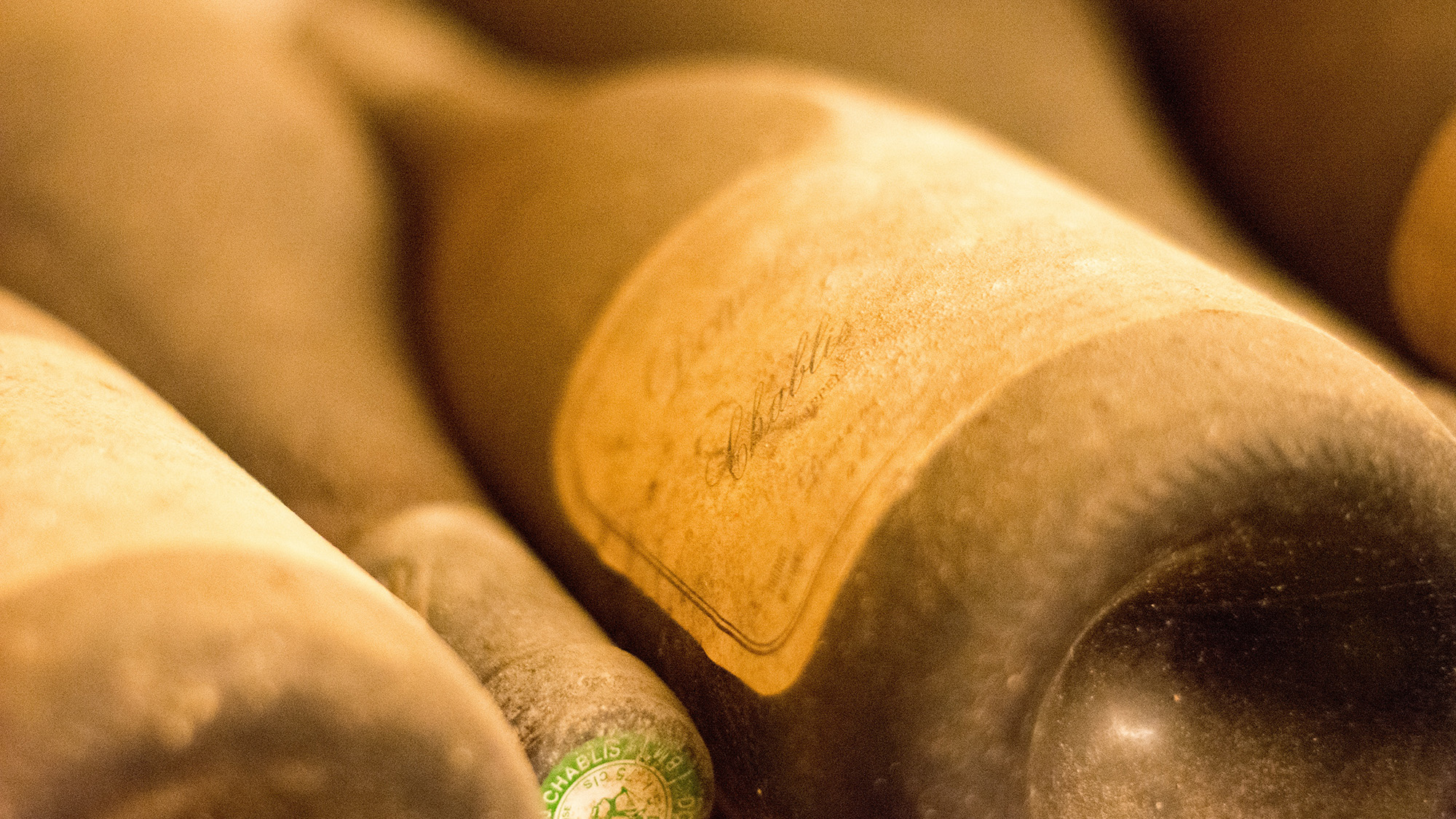Fine wines are on top when it comes to luxury investments. The grape-based drink topped Hermes bags, rare whisky, and even Rolex watches as it was named the best performing luxury investment during the pandemic, according to analysis by investment consultancy firm Knight Frank.
Interest from collectors helped wine see off competition from watches and cars to top Knight Frank’s luxury investment index, with prices of investment-grade wine rising 13% in the year to the end of June. That performance beat watches and cars into second and third place with gains of 5% and 4%–the average price for rare whiskies fell 4%, while Hermes Birkin bags dropped by 3%.
“Two assets that have been at the helm in recent years — rare bottles of Scotch and Hermès handbags — have relinquished their places at the top of the index,” said Andrew Shirley, editor of Knight Frank’s Luxury Investment Index.
“Wine is doing really well – not going crazy but growing nicely,” explained Nick Martin of Wine Owners, who compiled the data for Knight Frank. “There are no signs of over exuberance.”
“Wine is the frontrunner in the 12 months to the end of June 2021 with prices rising 13% and 119% over a 10-year period,” said Shirley.
It’s not just Bordeaux wines that are boosting the marketplace. “As for which wines have benefited the most, it spans everything from classic French regions (Bordeaux, Burgundy, Champagne etc.), to increasingly popular labels from Italy and the US which are taking ever greater shares of trade by volume and value,” Rupert Millar, managing editor for Liv-ex, told The Drinks Business.
Even though fine wine may have given Scotch the boot over the past year, rare whiskies were still the top performer over the past ten years, and easily so. Rare whisky has seen its value increase by 483 percent over the past decade, easily beating wine’s 119 percent over the same time frame. Wine ranks fourth in the ten-year ranking.
Alternative assets such as paintings, wine and vintage cars appeal to deep-pocketed investors who are able to turn private passions and hobbies into potentially lucrative investments. However, they can also be risky as they are harder to sell than shares in stock market-listed companies.


